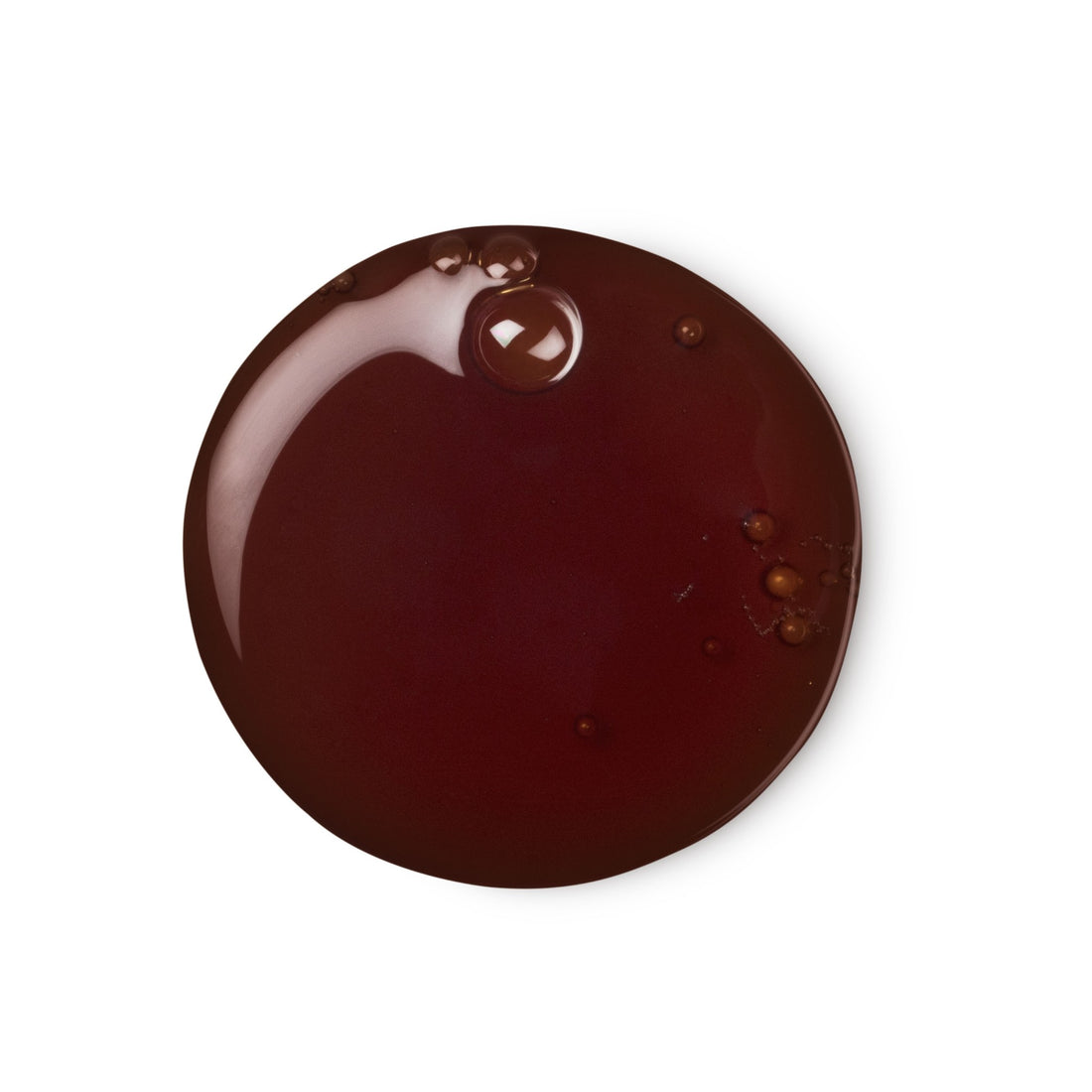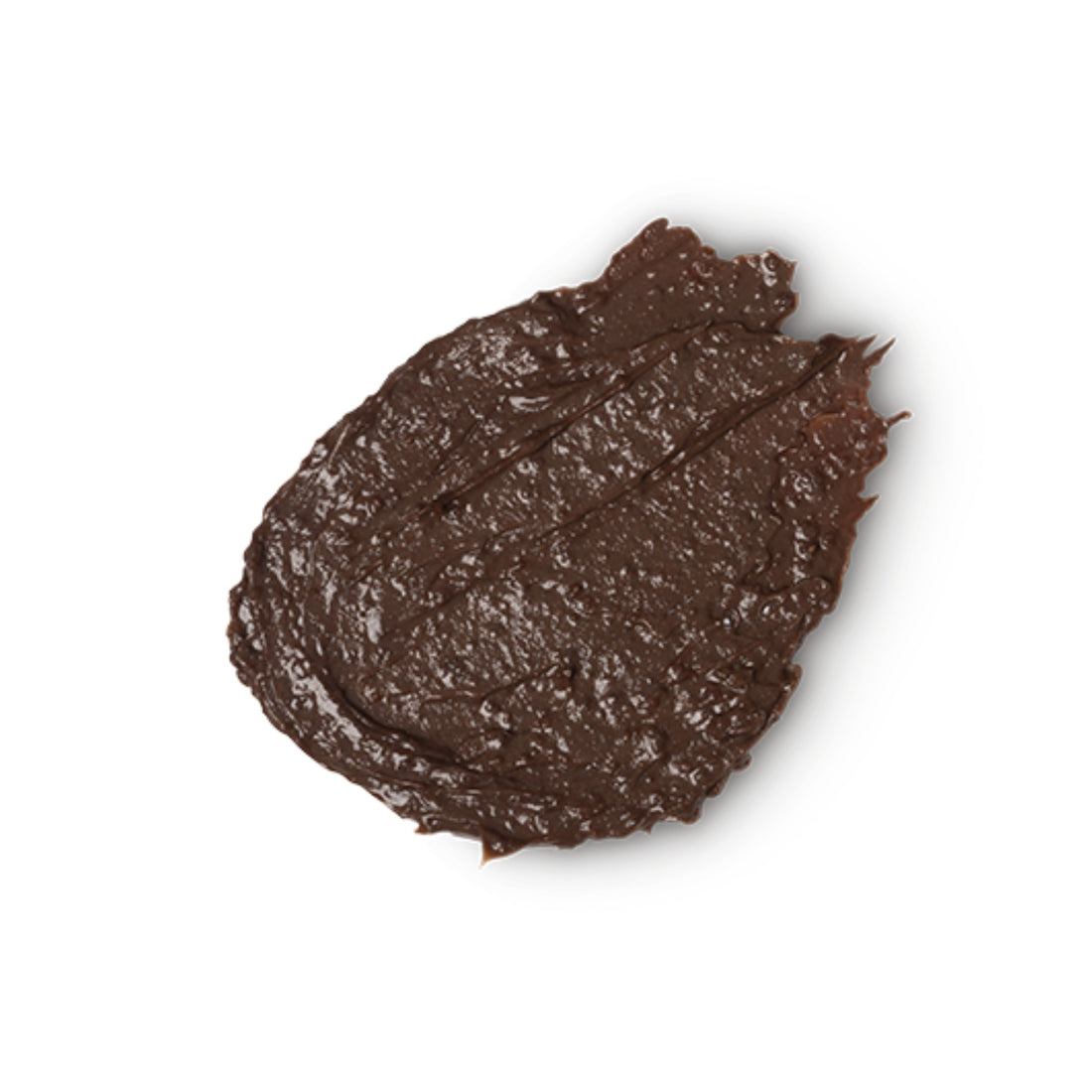Nestled in the very tip of the northern West Bank near the city of Jenin, is the village of Al Taybeh, known as ‘the almonds village’. Here 15 cooperative members of the Palestine Fair Trade Association (PFTA) earn a sustainable livelihood producing around 10 tonnes of almonds a year.
Cultivating a peaceful resistance
The village, with its name 'Taybeh' meaning delicious in Arabic, lies in the shadow of the Israeli separation wall in an area almost entirely dedicated to growing olives and almonds. It is just one of the many village cooperatives and smallholders supplying olives and almonds to Canaan Fair Trade, which processes them into oils and exports around the world.
Established in 2009 with Fair Trade olive oil, Canaan works closely with the Palestine Fair Trade Association and buys from 1,700 of its members. The group's aim is to improve the economic situation of farmers in the West Bank through Fair Trade with international markets, as a peaceful resistance to the Israeli occupation.
A difference you can taste
The almonds are harvested in the villages in the late summer through to September, when the hard shells are collected by the villagers and dried in the sun for two to three days before being cracked or stored. To produce the oil, the cracked nuts are cold pressed, so the quality of the oil is not damaged. The almonds are able to yield around 50 per cent oil, but nothing is wasted; the pressed ‘cake’ is used to make sweets.
The almonds grown in their fields are rain-fed. Haj Abu Ismail, a member of the cooperative and an elder in the village of Al Taybeh, explains: “We do not water our almond trees for the simple reason that it changes the flavour of the nut. When you taste them you can tell the difference between these almonds and the commercial ones.”













